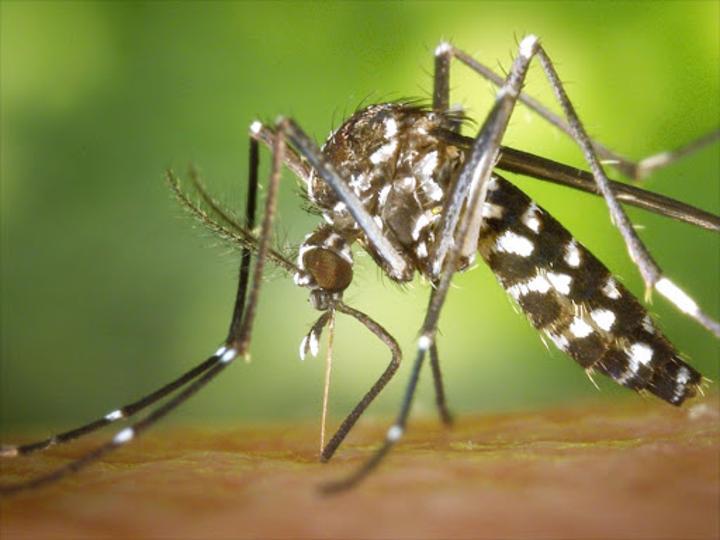Africa-Press – Eritrea. The World Health Organization in June asked countries to prepare for possible outbreaks of diseases, such as dengue and malaria, due to the “very high probability” of the El Niño weather phenomenon in 2023 and 2024.
In his weekly briefing, Director-General Tedros Ghebreyesus said the phenomenon could influence the breeding of mosquitoes, spiking the spread of diseases such as malaria and dengue.
Tedros further said climate change is already fuelling the breeding of mosquitoes, and the incidence of dengue has already risen sharply in recent decades.
But how well do you know dengue fever, its causes and how it spreads?
Dengue fever is a viral infection that spreads from mosquitoes to people with outbreaks common in wet seasons.
The virus is transmitted to humans through the bites of infected female mosquitoes; the Aedes aegypti mosquito.
Once infectious, the mosquito can transmit the virus for the rest of its life.
According to the WHO, most people who get dengue won’t have symptoms, but the most common symptoms include high fever, headache, body aches, nausea and rash.
The symptoms usually begin from the fourth to the 10th day after infection and last for about two to seven days.
Most of those infected recover in one to two weeks but some develop severe dengue which can be fatal, hence they need care in a hospital.
“You can lower your risk of dengue by avoiding mosquito bites, especially during the day. Dengue is treated with pain medicine as there is no specific treatment currently,” WHO said.
The global health agency further warns that individuals who get infected for the second time are at greater risk of severe dengue.
Some of the symptoms of severe disease according to WHO include severe abdominal pain, persistent vomiting and rapid breathing.
Others include bleeding gums or nose, fatigue, restlessness, blood in vomit or stool, being very thirsty, pale and cold skin and feeling weak.
In case of infection, the cases can be treated at home using paracetamol.
“Non-steroidal anti-inflammatory drugs like ibuprofen and aspirin are avoided as they can increase the risk of bleeding,” WHO warns.
However, there can also be instances of human-mosquito transmissions.
In this case, people who are infected with dengue fever and are either symptomatic or asymptomatic can also pass the disease to mosquitoes.
“Human-to-mosquito transmission can occur up to two days before someone shows symptoms of the illness, and up to two days after the fever has resolved,” WHO said.
The WHO also notes that evidence shows a possibility of transmission from a pregnant mother to her baby and with rare cases of transmission via blood products, organ donation and transfusions having been recorded.
People in urban areas are at a higher risk of dengue transmission due to the population density, human mobility, access to reliable water sources and water storage practices.
For More News And Analysis About Eritrea Follow Africa-Press







